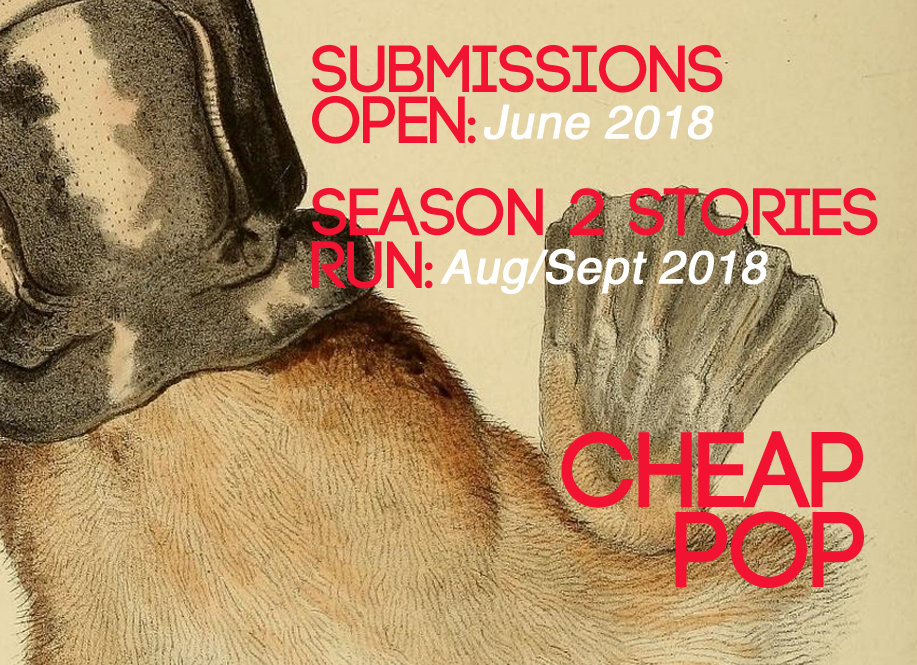Increments of Time — Niles Reddick
/for Jennifer
Richard Bach once wrote in his best seller Illusions that the creature, tired of clinging, let go, and went with the current of the water while those creatures downstream still clinging believed he was a messiah come for them, and this flashed when I got word an old friend from childhood had taken her own life in her tub.
I imagined there was no current in the tub, where her elderly mother and emergency medical technicians found her lifeless body already blue and wrinkled from soaking in the tub--the bottle of vodka sat upright on the rug from Target, an empty plastic bottle of prescription Valium from Walgreens lay on its side, and the water was stained crimson from blood leaking from sliced wrists. The tub water looked like the Nile River in an Old Testament Egyptian plague. As the EMT pulled the stopper, the blood-stained water formed a miniature tornado and spiraled down the drain into the pipes and mixed with all the other citizens’ sewage until it was purified and recycled for them to drink later, though they’d never know.
Facebook stalkers sent private messages back and forth about Lisa’s death, concerned for her soul since she’d killed herself, but on the news feed, they wrote about her infectious laugh, her bubbly personality, and how sweet she’d been. They only knew her for a time, like we all know each other, and even then, it was increments of time. It was like I heard one aunt say about my uncle after he’d had a stroke: “I don’t even know him. It’s like I’ve been sleeping next to a stranger for the past fifty years.” They didn’t know her any more than they knew Ken who’d fought cancer, asked for prayers and donations for treatment, and posted about it the past two years before he finally let go and joined a current of air in the Hospice House, where he’d screamed, sweated, and prayed for weeks. It had been thirty years, after all, and no one from our high school class had heard from either of them, just like the others who had died in between graduation and the thirty years that had passed: one shot by police for stealing a car, one from A.I.D.S., one from melanoma, one from a drunk driving crash, and one from a heart attack.
No, Lisa had suffered with depression and alcoholism the past thirty years and had tried to get rid of the disease more than once. Everyone knew it at parties, when she kept downing rum punch until she couldn’t walk and her friends would get her home and to bed to sleep it off, but all of those increments of time added up to the sum total of a scene best played in a B movie showed in an old theatre in a university town and supported by existential philosophy students eager to offer conjectures of free will.
Niles Reddick is author of the novel Drifting too far from the Shore, a collection Road Kill Art and Other Oddities, and a novella Lead Me Home. His work has been featured in over a hundred literary magazines all over the world including Drunk Monkeys, Spelk, The Arkansas Review: a Journal of Delta Studies, The Dead Mule School of Southern Literature, Slice of Life, Faircloth Review, among many others. His website is www.nilesreddick.com











